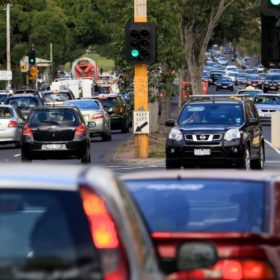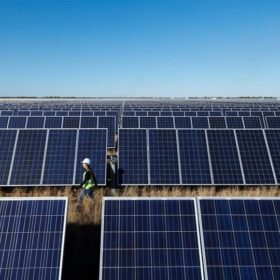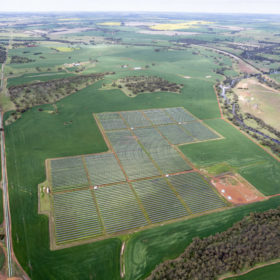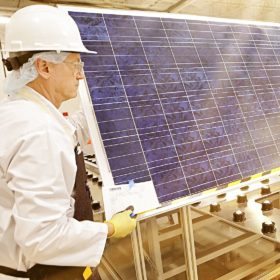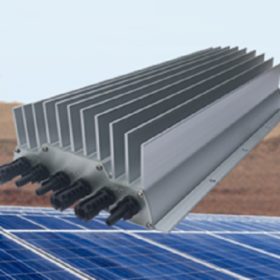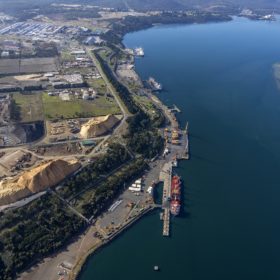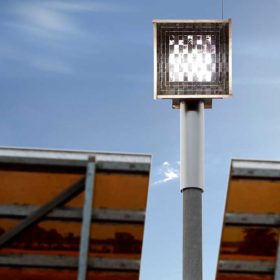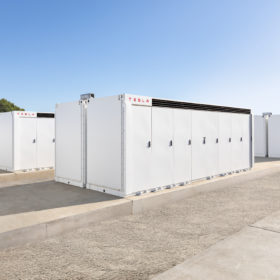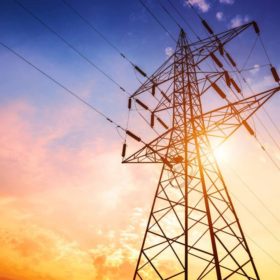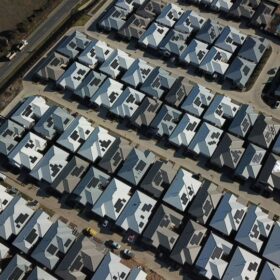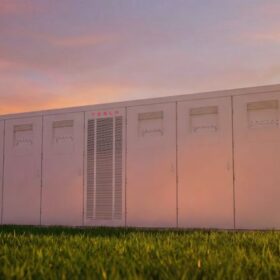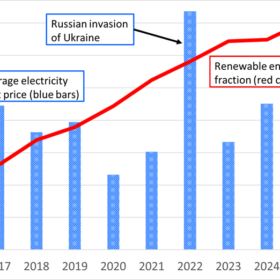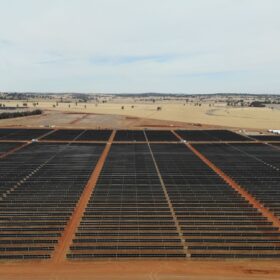Who’s holding back electric cars in Australia? It’s time to clear the road
New analysis this week found strong fuel efficiency standards would have saved Australia $5.9 billion in fuel costs and emissions equal to a year’s worth of domestic flights if the policy was adopted in 2015.
Origin acquires large-scale solar farm development project in NSW
The owner of Australia’s biggest coal-fired generator has added another large-scale solar PV project to its renewable energy portfolio with the acquisition of the 60 MW Yanco Solar Farm being developed in the New South Wales Riverina region.
MGA Thermal secures federal funding for energy storage project
Newcastle-based clean energy company MGA Thermal has secured federal government funding to develop a 5 MWh pilot plant to demonstrate the generation of steam from stored thermal energy with the capacity to provide a new form of medium-term energy storage.
Western Australia is closing in on its first commercial-scale green hydrogen
Western Australia has never been closer to demonstrating commercial-scale green hydrogen as Infinite Green Energy’s MEG HP1 project utilising the 11 MW Northam Solar Farm pushes toward completion.
Canadian Solar to build new Qinghai production base
Canadian Solar has announced plans to invest in a new solar production base in Qinghai province, while Boamax Technologies has revealed that it will build a new heterojunction solar cell and module factory in Anhui province.
Ampt lawsuit asks that SolarEdge remove inverters and controllers from market
Ampt posits that all of SolarEdge’s technology is in violation of patents controlled by the Colorado company, and that they should be required to immediately cease all sales.
Queensland startup strikes deal for hydrogen boilers
Brisbane startup Line Hydrogen today announced a deal with Canada’s Jericho Energy Ventures’ which will see it bring hydrogen boilers to Australia.
First ‘solar hydro’ system connected to the grid, 17-hour storage component imminent
Melbourne startup RayGen, which merges solar generation with long-duration electro-thermal energy storage, has connected its flagship Victorian project to the grid – albeit partially, as the company is still waiting on the final pieces of equipment to complete the 17 hour duration electro-storage system component.
Genex buys Queensland solar + storage project with 2 GW of development rights
Australian renewable energy developer Genex Power has bought Queensland’s Bulli Creek storage project from Solar Choice, saying it plans to develop the site in five stages – the first of which will include a 400 MW / 1,600 MWh big battery.
Australia’s energy prices set to remain high until 2026
In a bit more bad news for everyone already struggling with the current energy crisis, modelling from Cornwall Insight Australia forecasts that prices will remain at increasingly high levels for the next three years, after which they will flatten but are not likely to lose their volatility in the longer term.
